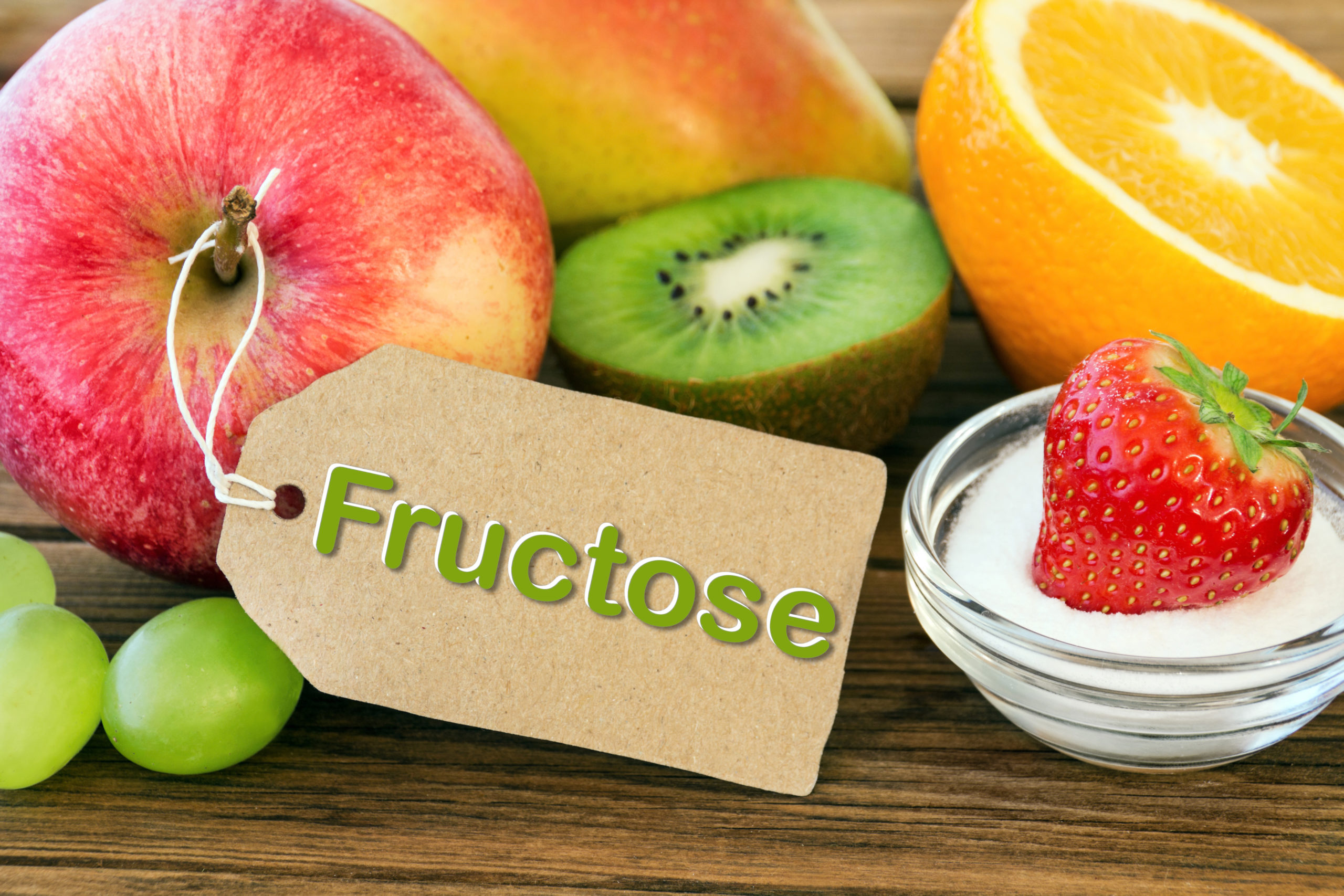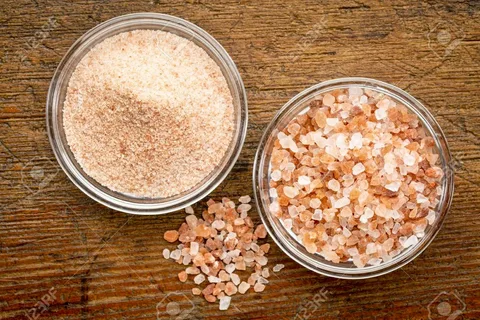Understanding Fructose
What is Fructose
Fructose is a monosaccharide, or simple sugar, that along with glucose, forms sucrose, the common table sugar. It is distinct in its ability to sweeten, being approximately 1.2 times sweeter than sucrose due to its unique chemical structure. This sweetness has made it a popular ingredient in the food industry, particularly in the form of high-fructose corn syrup, which is cheaper and sweeter than regular sugar.
Sources of Fructos
Fructose is most commonly found in:
- Fruits such as apples, berries, mangoes, and oranges
- Vegetables, especially root vegetables like sweet potatoes and onions
- Table sugar (sucrose) and sweeteners like honey, agave nectar, and maple syrup
- Processed foods and beverages, including sodas, candies, snacks, and so on in the form of high-fructose corn syrup
Metabolism of Fructose
How the Body Processes Fructose
Unlike glucose, fructose is primarily metabolized in the liver. When consumed in small amounts, such as from eating whole fruits, it is converted into glucose and other metabolites. However, high intakes, particularly from HFCS, can lead to fructose being rapidly metabolized into fat by the liver. This process can contribute to several metabolic issues, including liver fat buildup, increased blood triglycerides, and higher uric acid levels, which are risk factors for gout.
Health Implications of Fructose
The Impact on Obesity and Metabolic Syndrome
There is evidence suggesting that excessive consumption of fructose can lead to obesity, particularly because it does not stimulate insulin secretion or enhance leptin production (a hormone involved in hunger regulation). This means fructose consumption doesn’t make you feel full, potentially leading to overeating. Studies also suggest a link between high fructose intake and an increased risk of developing metabolic syndrome, which includes conditions like type 2 diabetes, hypertension, and cardiovascular disease.
Fructose and Liver Health
One of the most significant concerns about high fructose intake is non-alcoholic fatty liver disease (NAFLD), a condition characterized by excess fat build-up in the liver in the absence of significant alcohol consumption. The liver’s unique burden of metabolizing fructose means that excessive intakes can lead to liver inflammation and scarring.
Fructose and Heart Health
Excessive fructose consumption is associated with increased risk factors for heart disease, including elevated blood triglyceride levels. Since fructose is metabolized in the liver into triglycerides, a high intake can lead to higher levels of these fats in the blood, contributing to the hardening of arteries.
Is Fructose Bad for Everyone?
While the aforementioned risks may make fructose sound universally harmful, its actual impact can vary based on individual metabolic health, the total amount consumed, and the source of fructose. For most people, consuming fructose in moderation as part of a balanced diet (particularly from whole fruits) does not pose a significant health risk.
Fructose Consumption Guidelines
Recommendations for Fructose Intake
Given the potential issues associated with high fructose consumption, it is advisable to limit intake of added sugars, including HFCS, to no more than 10% of total daily calories. This means that on a 2,000 calorie diet, added sugars should not exceed 200 calories or about 50 grams per day.
FAQs
How much fructose is in fruit?
The amount of fructose in fruit can vary widely. For example, an apple may contain about 10 grams of fructose, while a cup of strawberries contains about 4 grams. Eating whole fruits is generally considered healthy due to the accompanying fiber and nutrients that mitigate negative effects.
Is fructose worse than glucose?
Fructose and glucose have different effects on the body. Fructose has a lower glycemic index and does not trigger insulin production, which can be beneficial for blood sugar control. However, because fructose is metabolized in the liver, excessive intake can lead to more significant metabolic disturbances than glucose.
Can eating too much fruit be bad for you because of fructose?
For most people, the benefits of eating fruit—such as fiber, vitamins, and antioxidants—far outweigh the risks posed by fructose, provided the fruit is consumed in reasonable amounts as part of a balanced diet.
What are the symptoms of fructose malabsorption?
Fructose malabsorption can lead to bloating, diarrhea, and abdominal pain. It occurs when the small intestine cannot absorb fructose effectively, often leading to these symptoms after consuming fructose.
Are natural sweeteners with fructose healthier than HFCS?
Natural sweeteners like honey and agave nectar also contain fructose but generally have similar metabolic effects to HFCS when consumed in large amounts. The key is moderation, regardless of the source.
How do I reduce fructose intake if I am concerned about its effects?
Limit consumption of processed foods and beverages that contain high-fructose corn syrup, and choose whole fruits instead of fruit juices and sweetened dried fruits. Be mindful of labels, as fructose can appear under many names, including HFCS, fruit juice concentrates, and more.
Is fructose bad for children?
Children are particularly sensitive to the effects of high sugar intake, including fructose. It is advisable to limit children’s exposure to sugary beverages and snacks and instead encourage whole fruits and balanced meals to promote healthy growth and development.
In conclusion
while fructose from whole fruits and balanced diets is generally safe, high consumption of added fructose, particularly from HFCS in processed foods, can pose serious health risks. Understanding these aspects can help individuals make informed dietary choices.
- Xela Rederm Skin Booster Treatments Near Weybridge, Surrey - January 12, 2025
- Traptox Aka Trapezius Botox Treatment Near Gatton, Surrey - January 10, 2025
- Skin Injectables Near Shamley Green, Surrey - January 7, 2025




